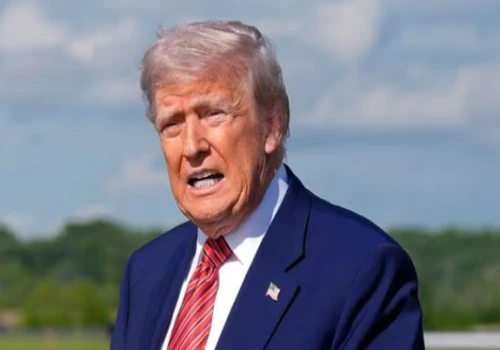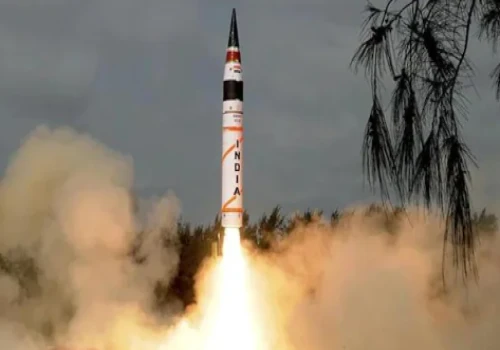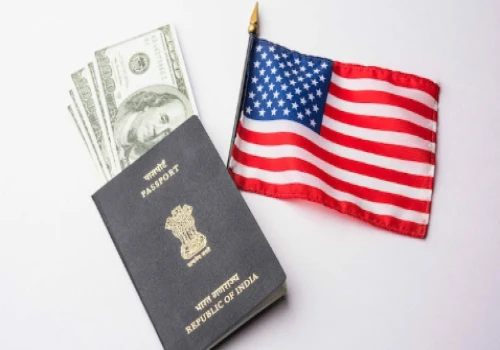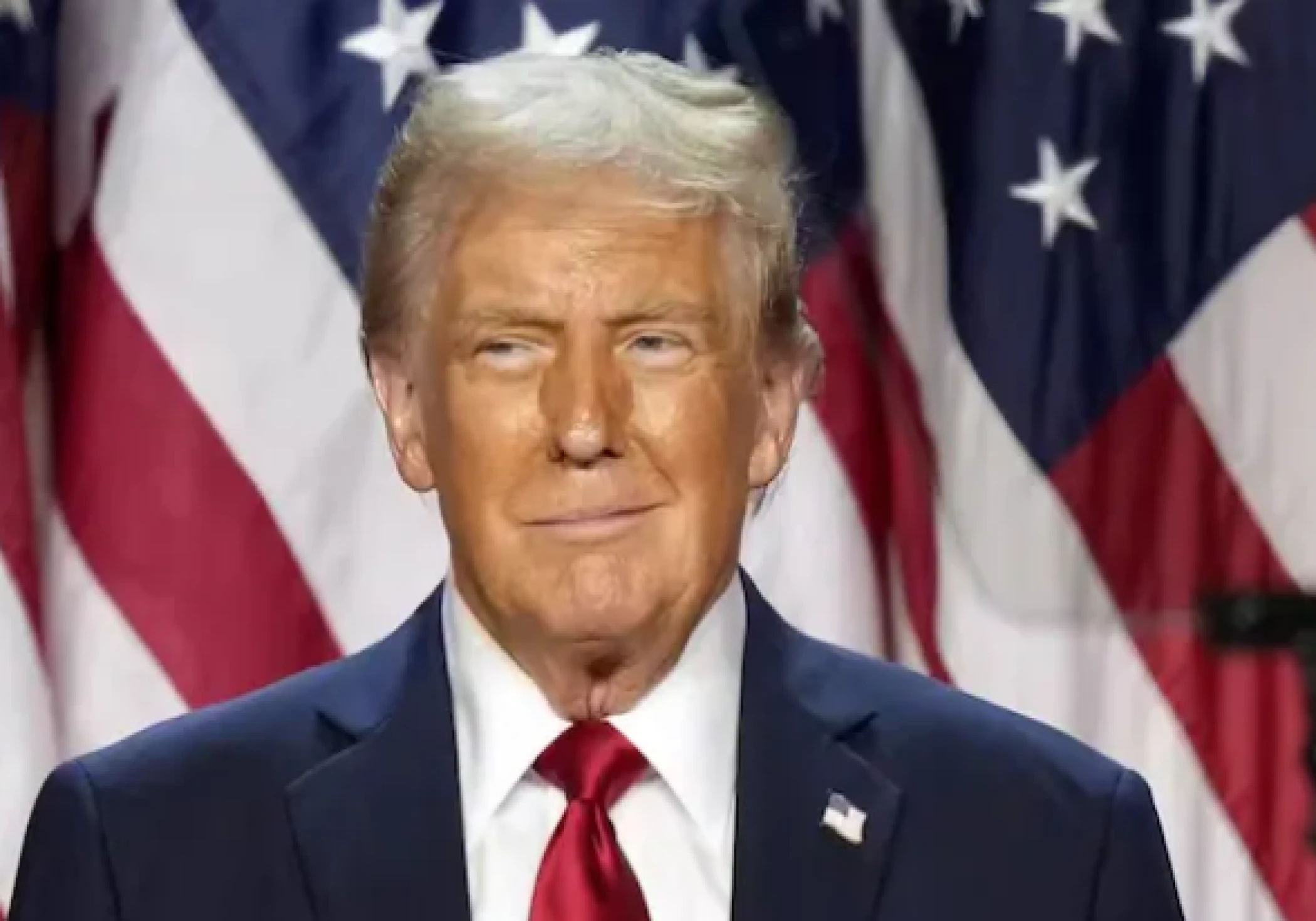
In a major judicial blow to President Donald Trump, the U.S. Court of International Trade has dismissed the administration's rationale for its ambitious tariff policy, citing the 2025 India-Pakistan ceasefire as one of the reasons. The court held that Trump overstepped his statutory powers under the International Emergency Economic Powers Act (IEEPA) in ordering a 10% tariff on nearly all imports and increased duties on Chinese and European Union goods as part of his "Liberation Day" trade policy. The Trump administration contended that these tariffs played a crucial role in brokering a ceasefire between India and Pakistan in their May 2025 war. U.S. Commerce Secretary Howard W. Lutnick explained that the ceasefire came only after President Trump presented both countries access to trade with the United States to prevent a full-blown war.
But the court determined that the use of IEEPA by the administration fell short of the legal standard of an "unusual and extraordinary threat" as specified in the statute. The court said that although the court does not pass judgment on the wisdom or efficacy of the use of tariffs by the President as a bargaining tool, the legal requirements for so doing were not met here.
The decision has important implications for presidential authority and U.S. trade policy. It signals limitations on executive authority to pursue trade measures in the absence of explicit statutory mandate. The decision also challenges the administration's overall strategy for employing economic tools for foreign policy objectives.
The Trump administration can appeal the ruling, but the court's position complicates negotiations for trade and creates uncertainty for American companies that depend on imports. Legal experts argue that the Supreme Court could affirm the ruling, citing that tariff power is in the hands of Congress.
The court's dismissal of the administration's defense represents a turning point in the ongoing controversy regarding the extent of presidential power with regard to trade and the application of economic instruments in foreign affairs.

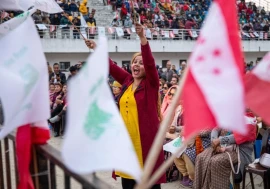


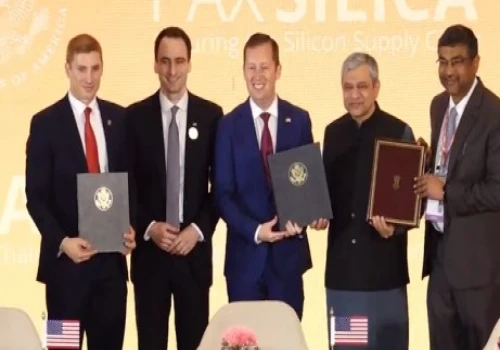
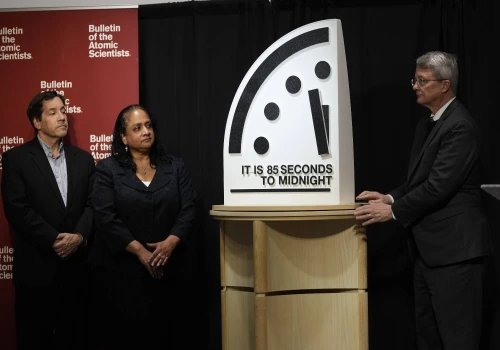
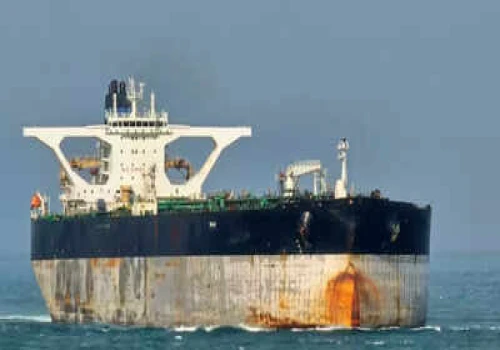
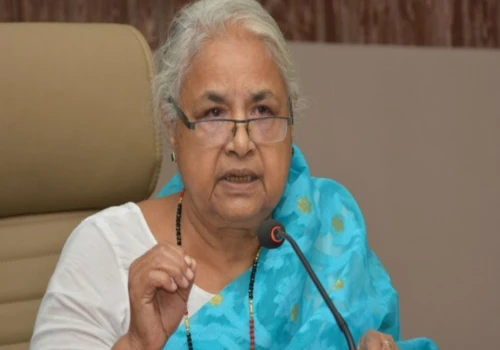
_500_x_350.webp)

